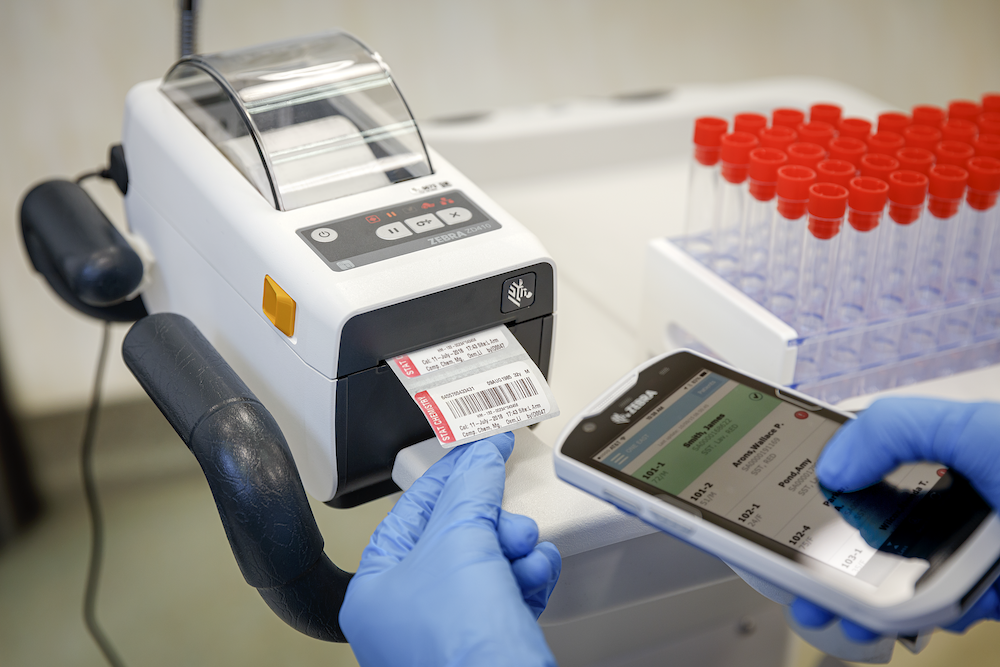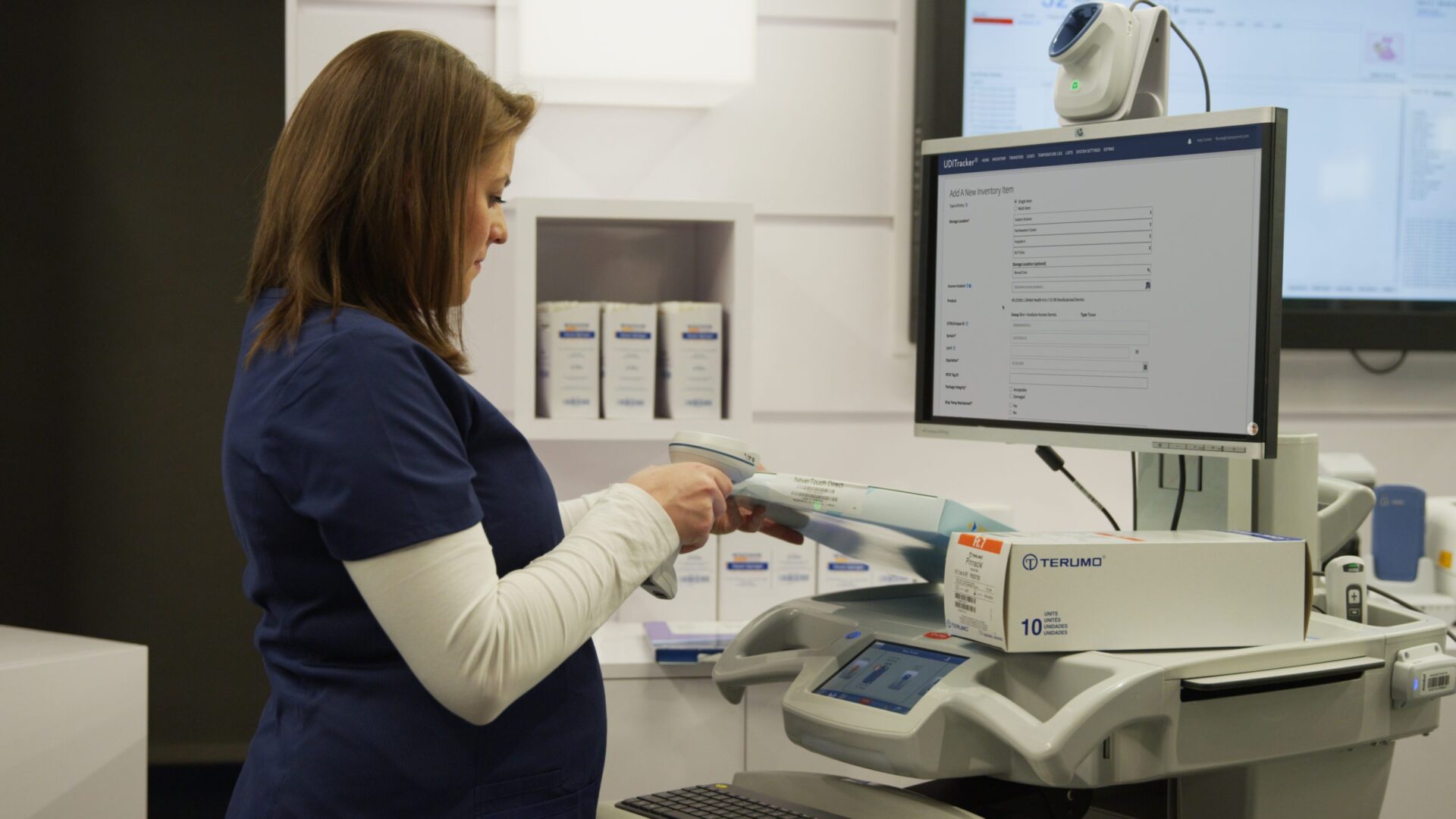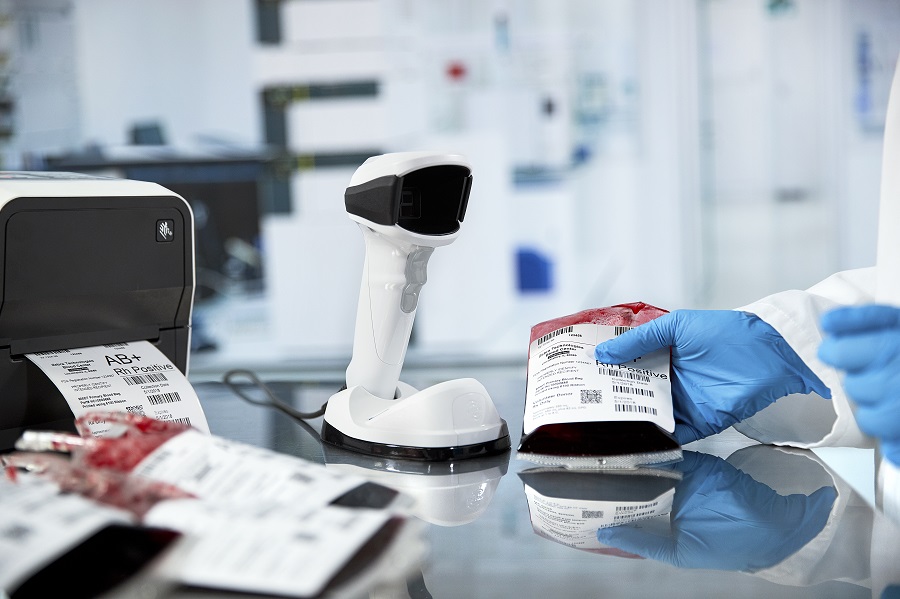While barcoding technology has been instrumental in industrial operations, some applications are still in need of a better identification solution. That’s where radio frequency identification (RFID) technology comes in. RFID is incredibly useful for many more complex operations that have additional needs beyond what barcodes can meet.

Automation has become synonymous with increased productivity, and RFID technology is no exception.
Asset Tracking and Management
RFID technology makes it easy to scan high-cost items, or difficult-to-reach items that may be found in a yard, behind racks of servers, or other places that aren’t very accessible. Because readers can still get an accurate scan from a distance and don’t require any direct line of sight, this offers much easier data capture. RFID readers can also scan several dozen assets in a room in just a few seconds, making the data collection process much easier.
RFID also offers the advantage of being able to store more information. Some tags have larger on-board memory capacity, and can store additional data about the asset. For example, in an application in a remote area where connectivity to back-end applications or databases is challenging, the RFID tag can store information about maintenance activities or sensor data.

RFID can also integrate with sensors and GPS technology to provide information on the condition and location of your assets. If integrated with wireless LAN, assets can be easily identified and located remotely within seconds. This reduces the inventory process from days to mere hours.
Additionally, RFID technology can also improve asset security by generating real-time alerts and alarms if assets are moved into unauthorized locations or removed from the building.
This is extremely beneficial to businesses where the grey market is concerned. If a product is sold overseas, you want to make sure it stays there. RFID can help manufacturers track products to make sure they stay where they belong and don’t make it back to the US for unauthorized resale.
Workflow Automation
Automation has become synonymous with increased productivity, and RFID technology is no exception. Take the healthcare industry for example. RFID tags can be attached to patient samples, and can store patient info, data about when and where the sample was collected and taken, and more. This makes samples easier to track when they are sent for lab work, and reduces the risk of human error, which can be detrimental to patient safety when it occurs. RFID technology can also be used to optimize clinical workflow, increase patient throughput, and reduce operational costs.

Should an infection or outbreak occur, RFID used in patient wristbands and on medical equipment can provide location data for all active and tagged people and assets within a hospital. They can provide both historical and real-time data, which empowers hospitals to develop a more accurate containment plan in the event of an outbreak.
The benefits go beyond the medical field, however. RFID technology can be used on big, expensive, or difficult-to-label assets. Military operations involve heavy machinery that needs to be accounted for. Rather than spending time walking around a massive field, military personnel can leverage RFID scanning to take inventory, since it requires no direct line of sight. What used to take 2-3 days can now be completed in 30 minutes.
The Value of RFID Technology
RFID technology goes above and beyond simple data capture. It can handle special use cases that aren’t solved by traditional barcoding solutions. Though it does carry a heftier price tag, the return is much greater for these complex operations, especially in high-value cases.
Imprint Enterprises offers a selection of leading RFID technology solutions designed to handle these special use cases. For more information on the solutions we offer, contact Imprint today.




